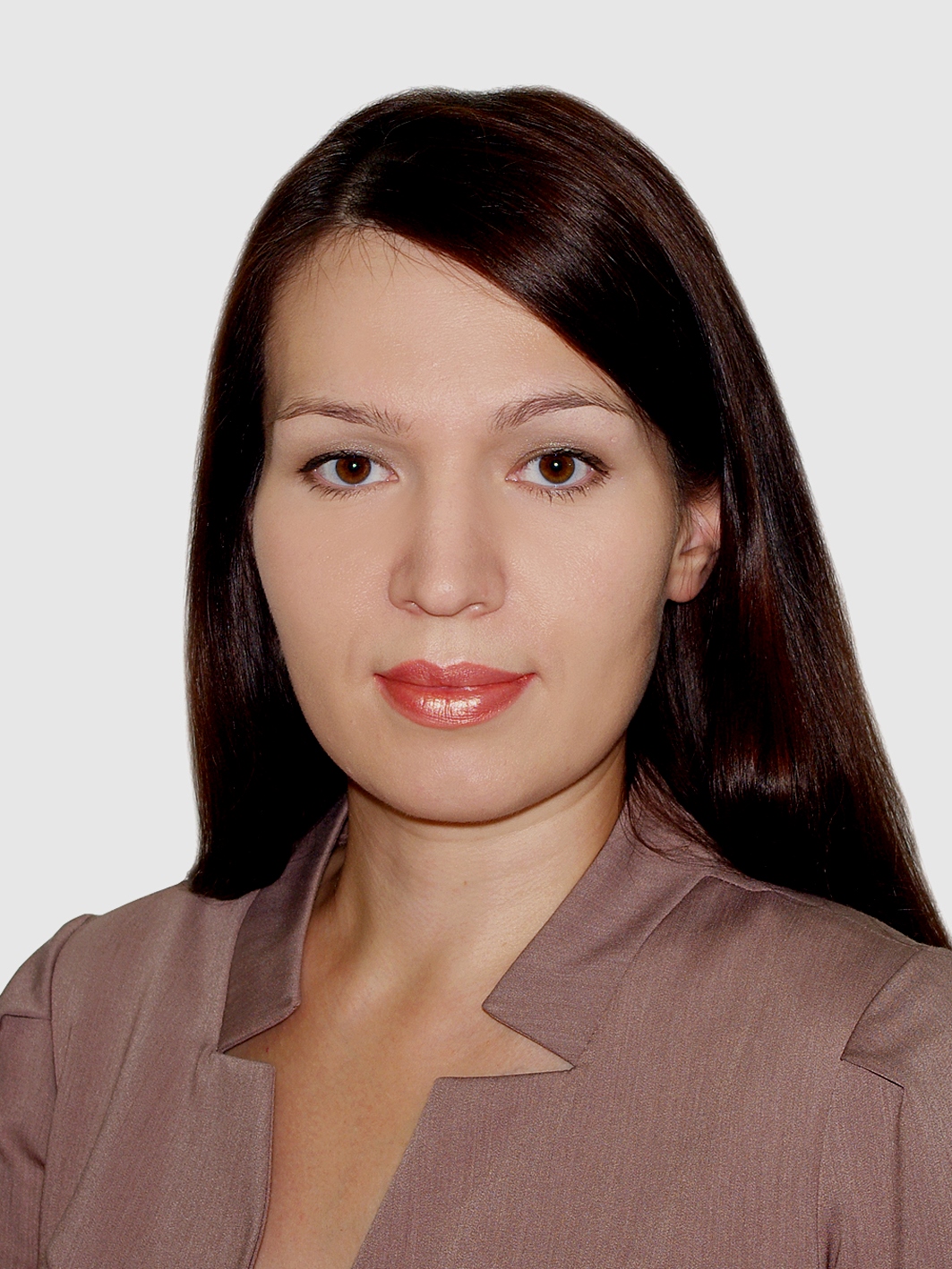The article describes the main thesis of the teaching of the Chuvash ethnic religion Sardash, which is based on the key principles of Zoroastrianism; highlights some of its history and research issues; analyzes the current state of the traditional faith and its importance in the life of the people. An attempt was also made to reveal the role of the religious factor in ethnic identification and the formation of the ethnic mentality of the Chuvash people from the historical and socio-cultural perspective. The problem is considered in three aspects: 1) the interaction of traditional religious belief of the Chuvashes with Orthodox Christianity; 2) the influence of Islam (the religion of the related Turkic peoples – Tatars and Bashkirs) on the mentality of the Chuvashes; 3) the functioning of the Chuvash ethnic religion Sardash in modern conditions. The authors conclude that ethnic religion, which is preserved in the daily life of the Chuvashes in the form of «teaching of ancestors», as well as in prayers, mythology and folklore, forms the basis of centuries-old ethnic mentality, expressing spiritual values, behavioral principles and life aspirations of people. Ethnic religion contains the psychological roots of the Chuvash mentality, the phenomenon of the Chuvash inflexibility and the Chuvash character. Traditional faith has a profound impact on the lifestyle and behavior of many modern Chuvashes, determines their worldview and ethnic identity. The adherence of the Chuvash people to the «teaching of ancestors» is explained by the need to survive in difficult geopolitical and demographic conditions, the desire to preserve the lifestyles and social arrangements that have been established for centuries, and the aspiration to communal and economic well-being. In modern conditions, the rites of the Chuvash ethnic religion can be a significant factor in the development of ethnic tourism in the Chuvash Republic.
Keywords: ethnic religion, ethnic mentality, ethnic identification, Chuvash people, Sardash, Zoroastrianism, Orthodoxy, Islam, neo-paganism
DOI: 10.22250/2072-8662.2019.2.36-46
About the author
 |
Erbina V. Nikitina – PhD (Philosophy), Associate Professor, Chief Editor of the Publishing Department of Cheboksary Cooperative Institute (branch) of the Russian University of Cooperation; 24 Gorky Avenue, Cheboksary, Russia, 428025; This email address is being protected from spambots. You need JavaScript enabled to view it.
|
 |
Vitaliy P. Stanyal – PhD (Philology), Associate Professor, Honorary Chairman of the Union of Chuvash Local Lore Researchers; 15 Lenin Avenue, Cheboksary, Russia, 428000; This email address is being protected from spambots. You need JavaScript enabled to view it.
|






